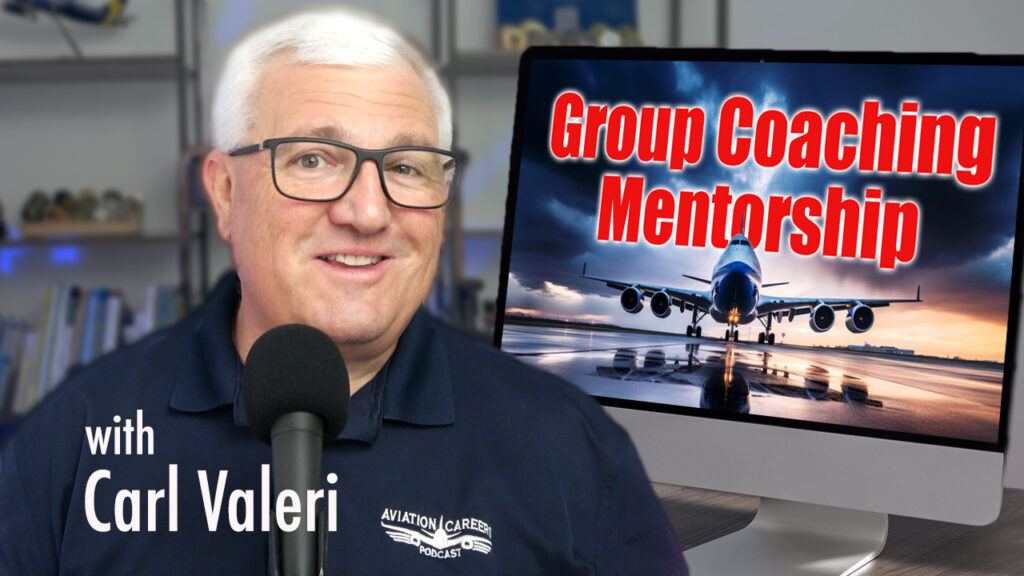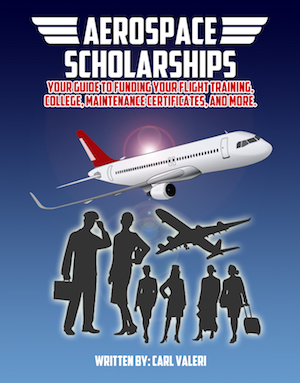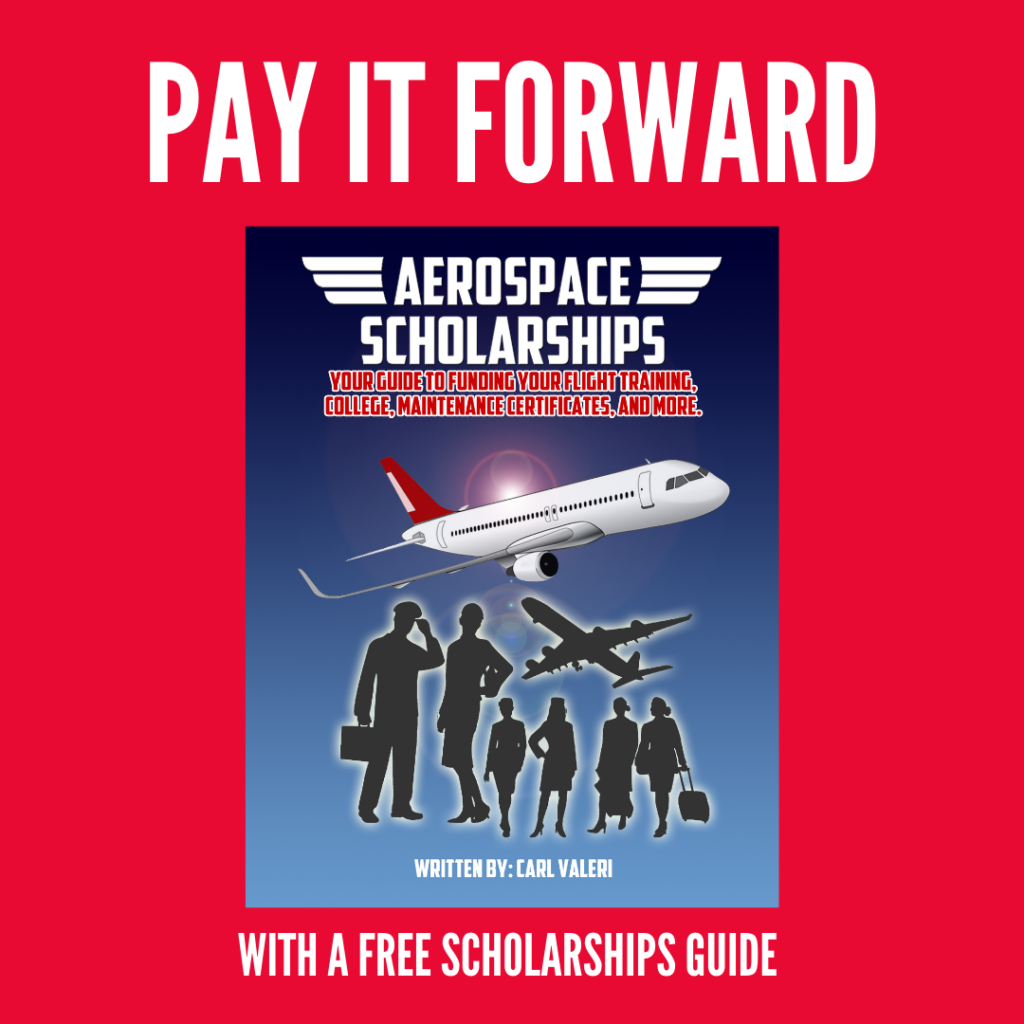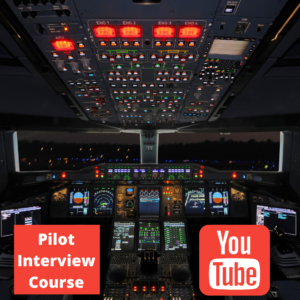A. Verville Fellowship
Scholarship Name:
A. Veverville Fellowship
Purpose:
The Verville Fellowship is a competitive nine- to twelve-month in-residence fellowship intended for the analysis of major trends, developments, and accomplishments in the history of aviation or space studies.
Candidates are encouraged to pursue programs of research and writing professional in tone and substance, but addressed to an audience with broad interests.
Each fellow will work closely with staff members who have similar interests. Staff members of the Aeronautics Department currently conduct research into aviation history including such themes as the growth and impact of aeronautics on society; the evolution of aircraft technology; and the development of air transport and military aviation. The department emphasizes both U.S. and international aspects of aviation history. Members of the Space History Department conduct research in the history of post-war science and technology and the history of space flight, and have written major works on the history of rocketry and the origins of space science.
Eligibility:
The fellowship is open to interested candidates with demonstrated skills in research and writing. Publishing experience should demonstrate either a mid-level academic record of accomplishment or proven ability to reliably engage broader audiences. An advanced degree in history or a related field is preferred but not a requirement.
Value:
An annual stipend of $55,000 will be awarded for a 12-month fellowship, with limited additional funds for travel and miscellaneous expenses.
Application Submission Process and Completion Date:
Applications open on: mid-October
Applications due by: December 1
Deadline for letters of reference: December 15
Notification by: March 1
Fellowships start dates: Normally between August 15 and October 1
Selection Process:
Qualification for A. Verville Fellowship
The A. Verville Fellowship is open to all interested candidates who can provide a critical analytical approach to major trends, developments, and accomplishments in some aspect of aviation and/or space history. Good writing skills are required. An advanced degree is not a requirement. Graduate predoctoral students will normally not be considered for the Verville.
Conditions of Appointment for Verville Fellows
The Verville Fellow is appointed for a period of 9 to 12 consecutive months, normally beginning between August 15 and October 1. The starting date should be mutually selected by the appointee and the Smithsonian advisor. Extension or renewal of appointments are competitive, not automatic. Applicants are not obligated to accept a Fellowship if selected. Residence in the Washington, DC metropolitan area during the Fellowship term is a requirement of these Fellowships.
The Verville Fellow is required to write a series of articles or a book as outlined in his/her proposal, make at least one work-in-progress staff presentation on his/her topic, report regularly to his/her advisor, adhere to a 40 hour work week, maintain research expenditure records, and prepare a summary report at the end of the term.
Application:
History/Background:
Alfred V. Verville (1890-1970), an innovative designer, made numerous contributions to civilian and military aviation during his 47 years in the aerospace industry. Among his most significant contributions were the design and development of a cantilever monoplane with retractable landing gear, the Verville-Sperry R-3, and a series of commercial cabin airplanes. Verville began his aviation career in 1914 with Glenn Curtiss and helped design the Curtiss Jenny and Curtiss twin engine seaplane. Verville’s commendations include his selection as a fellow of the Smithsonian’s National Air Museum in 1962.
Website:
Smithsonian National Air and Space Museum









Comments on this entry are closed.